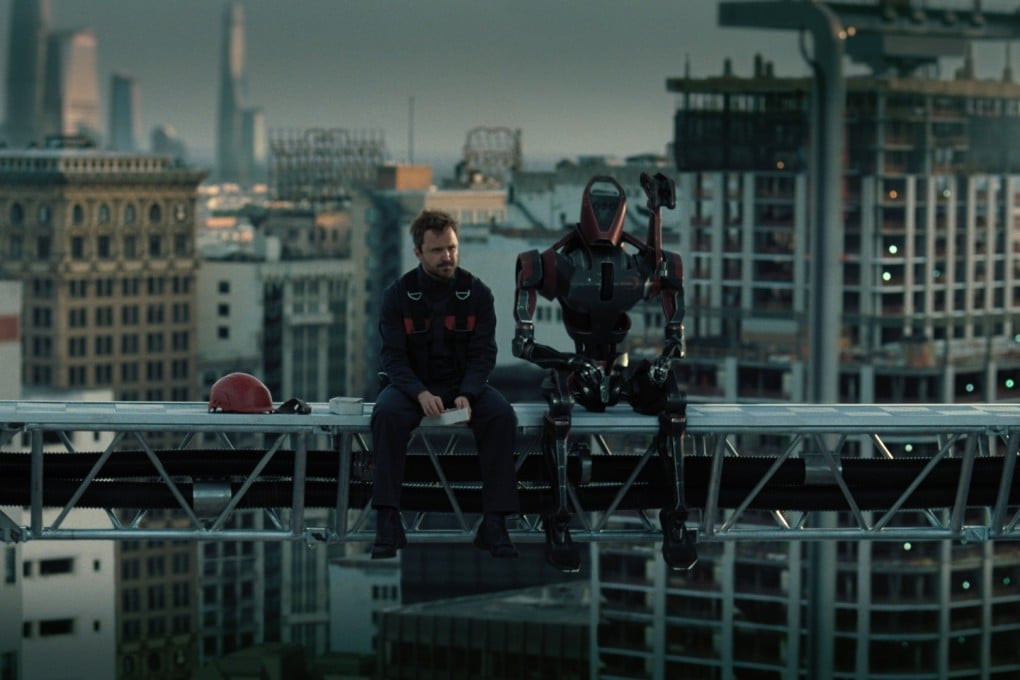What a view | Westworld is back for season three, with Singapore among new locations but the same old scores to settle
HBO’s dark science-fiction show brings Aaron Paul and Vincent Cassel into the mix. Plus The Chef Show returns to Netflix, with Roy Choi and Jon Favreau ready to cook

Then again – and without spoiling the forthcoming fun – the shimmering bits of the city state aren’t the only parts with starring roles in the new series of Westworld, which begins its mind-warping mission at 9am on March 16 on HBO and HBO Go (repeated at 10pm on HBO).
The expansion of the show’s physical horizons for its latest outing is matched by a plot that continues to sprawl and, true to its small-screen heritage, isn’t the easiest to follow. Michael Crichton and Yul Brynner might scarcely recognise how the 1973 movie of the same name has evolved: from stress-busting, fantasy-fulfilling precursor of the all-in resort (without the robot rampage) to the creation of a new life form that hardly has humanity’s best interests at its cold, electric heart.
Watch the trailer for Westworld’s third series below. Warning: contains strong language.
The story picks up in China, with a “divergence” in Beihai that ends messily for the victim, then skips to Los Angeles. There, construction worker Caleb (Aaron Paul) is struggling to pay the rent and questioning the promise of “better living through technology”, while lamenting an old prediction: “algorithms – that’s the way everything [is] gonna be”.
